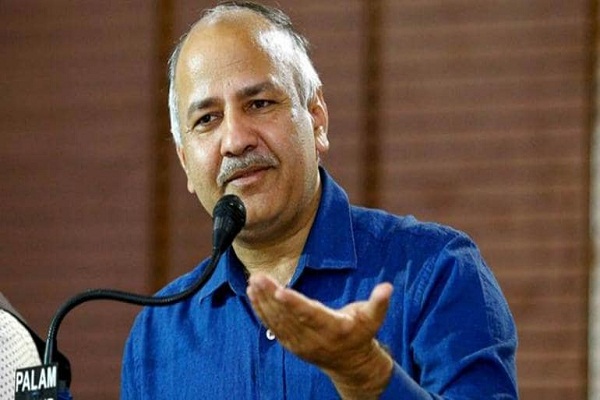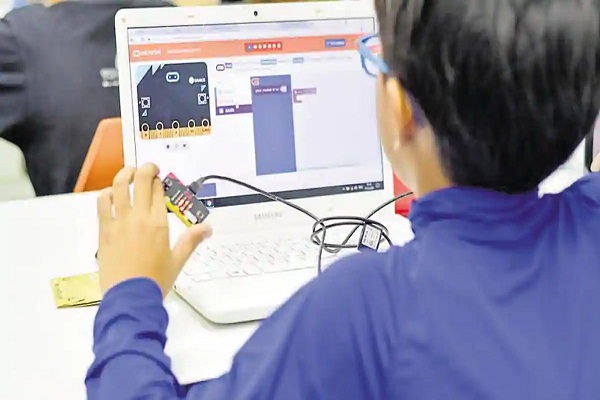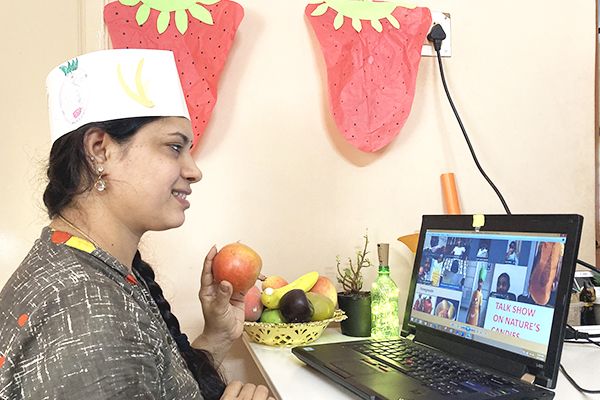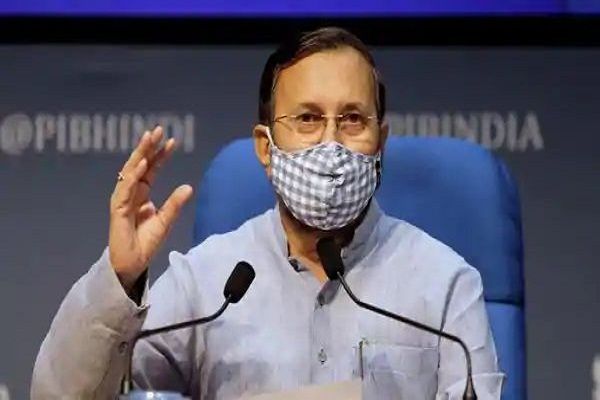Over the last 30 years, CHIREC International School, Hyderabad has grown to become a leader in K-12 education as an institution that instils a passion for learning and innovation. CHIREC’s philosophy is based on ‘The Whole Child’ concept, a framework essential for shaping balanced and all-rounded citizens to succeed in the volatile modern world.
With the onset of the pandemic, CHIREC had to quickly create a vision and strategy for online education, equip the teachers with the necessary knowledge and skills in order to implement an online environment where students and teachers could safely connect with each other.
As a result of visionary leadership, we were operating 100% virtually in a matter of two weeks. From the very beginning of lockdown, the school’s top-most priority has been to deliver education on an online platform that engages students in a meaningful way. CHIREC had adopted multiple digital platforms across different grade levels. These platforms offered exciting and interactive elements, which enabled teachers and students to learn much like they would in a physical classroom. The platforms are strong proponents of active and meaningful learning, adaptable and flexible across devices, and allow students to respond in a variety of ways, allowing for differentiated learning and creative thought, while using technology.
Our teachers quickly understood that in order to create meaningful experiences online, it was necessary not to simply translate their current lesson plans online, but to transform them in a way that leverages technology to connect with students.This resulted in a blended learning approach, student-led lessons, virtual field trips and consistent variation in activities.
Also read: Mayo College – Agile and responsive to new circumstances
An important factor that helps keep the student-teacher interaction strong is live video conferencing. It helps create and maintain a personal connection like in physical classrooms. The bond that a teacher and student share is what lays the foundation to lifelong learning.
CHIREC has made classes engaging, while minimizing screen time, in order to combat the harmful effects of prolonged screen time. Emphasising on engagement, interactivity, leveraging latest technology and giving students numerous opportunities to interact, collaborate, connect with each other and their teachers is how we succeed in making teaching and learning effective during virtual times –
• Demonstrations by teachers, hands-on activities by students, role plays, presentations of projects, participating in quizzes and discussions help students enhance their scientific enquiry, critical thinking and communication skills too.
• Students find themselves engrossed in Do it Yourself activities that help hone their skills of working and achieving learning objectives independently.
• Students of senior classes practice experiments at home pertaining to Science concepts and share their observations and inferences through video recordings.
• Panel discussions and debates are also organised to help students share perspectives.
• Flipped teaching is another strategy used by teachers to adapt to the online scenario. A strategy well-received by the students, the onus of learning is borne by them helping them become independent learners.
• Peer teaching is an active learning strategy applied across classes and the students find the idea of taking control of the class engrossing.
• The involvement of parents has been an overwhelming and humbling experience across all stages. The last few months had parents conducting guest lectures, Do it Yourself demonstrations, story-telling sessions, presenting activities with their children and motivational talks, just to name a few.
• Counselling sessions, co-curricular activities and physical education classes are also important aspects of our virtual learning program.
• There are interactive sessions on netiquette. Counsellors help ensure screen-time does not have a negative impact on the learners by organising the schedules that befit students and their learning needs.
• We hold knowledge sharing sessions with the parent community on how to manage behavioural changes in children.
• Students participate in creative and artistic indulgence in the form of activities like table-top cooking, poster making, collage, dressing up as a character in a book. The activities further give them a break from regular learning.
• While every day is special, we mark some with celebrations filled with enthusiasm like Independence Day, World Tourism Day, World Ozone Day, World Gratitude Day and Teachers Day to name a few.
• To focus on the well being of students, a weekly feature is now up. Wellness Wednesdays give students the time to open up, the opportunity to participate in games and build rapport with their teacher and peers.
• Global Be Well Day and Active World Challenge are two wonderful initiatives from Cognita that bring together schools from across the globe to come together to connect, promote and practice well-being.
• Remedial classes have been an integral part of the learning program and online teaching has helped counsellors specially cater to each student’s needs.
• Assessments are vital indicators to evaluate learning outcomes. Different technology tools have been adopted successfully by teachers to assess student progress.
Focus On Value Education
Education should inculcate values and humility and not just knowledge. The pandemic situation brought students together to contribute to many social causes. One such initiative was the online crowdfunding campaign organized by Akshaya Patra Foundation. It was gratifying to see 190 students of Classes 9 to 12 from CHIREC came together to raise Rs. 1.05 crores in just 3 weeks to support the NGO’s COVID-19 relief efforts in Telangana, the highest amount raised by any school in India, till date.
Connecting With Young Learners
The learning also continued uninterrupted for our youngest students between the ages of 2 to 5 years. Even students as young as 2 years experiencing school and classes for the first time were able to form bonds and connect with their classmates and teachers, which is evident from their enthusiastic participation and humbling parent feedback.
Understanding that these are trying times for our students and families, we look for numerous opportunities to come together and celebrate milestones through Virtual Field Trips, Scavenger Hunts, 100 Days Celebration, Well being Activities, library week and much more.
The Challenge Overcome
We are proud and humbled by teachers’ resilience and ability to learn so fearlessly, jump into the unknown and adapt without hesitation to the changes the pandemic has forced upon us.
While the situation is not the desired one, we do believe we are moving forward with each passing day, and we will come out of it much stronger.
We salute the whole community and pray for everyone’s health and safety.
Here are a few lines from a song by Tom Hunter –
• May the work we do,
• Make the world we live in
• A little more worthy of our children.





























